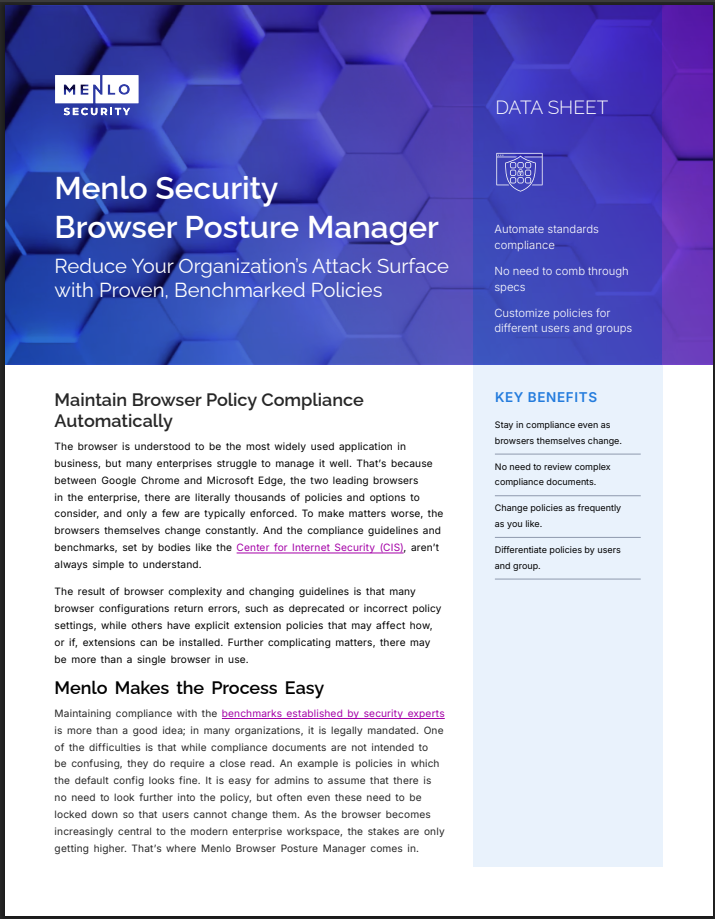Modern web browsers are the primary interface for users accessing the internet, making them prime targets for cyberattacks.
As organisations increasingly rely on cloud applications, remote work, and web-based workflows, browser-based threats have surged in both volume and sophistication. Key challenges in browser security include phishing, malware delivery via malicious websites, drive-by downloads, and zero-day vulnerabilities that exploit unknown flaws in browser code.
Traditional security tools such as antivirus software, firewalls, and proxies often fail to detect or prevent these attacks in real time, especially when threat actors use techniques like domain spoofing, encrypted traffic, or fileless attacks that evade signature-based detection.
Phishing remains a particularly persistent threat. Attackers craft highly convincing login pages to steal credentials, often using lookalike domains that are difficult to distinguish from legitimate ones. Additionally, users can unknowingly download malware simply by visiting a compromised site, as browsers automatically process content like scripts, media, and plugins. These challenges are exacerbated by the growing use of personal and unmanaged devices in hybrid work environments, which can bypass traditional network security controls entirely.
Where does Menlo Security come in?
Menlo Security addresses these issues using a fundamentally different approach known as Remote Browser Isolation (RBI). Instead of trying to detect and block threats - a method that inevitably misses some attacks - Menlo’s technology isolates all web content in a secure, cloud-based environment.
When users access websites, the pages are executed in a remote container, and only safe rendering information (such as pixels or a sanitised version of the page) is sent to the user’s browser. This ensures that no active content ever reaches the endpoint, effectively neutralising any threats.
Furthermore, Menlo helps protect against phishing by analyzing and rewriting links in real time, rendering potentially harmful pages in isolation, and warning users about suspicious activity. Its integration with email and cloud access security solutions provides an added layer of protection for webmail and SaaS applications. This approach dramatically reduces the risk posed by both known and unknown threats, including zero-day exploits.
By eliminating the need to detect threats and instead preventing them from ever reaching the user, Menlo Security offers a proactive and robust defense model for today’s browser-centric workflows. This approach is particularly valuable for organisations seeking to adopt Zero Trust principles and secure a dispersed workforce without compromising user experience.
Reduce attack surface with proven, benchmarked policies
Menlo Security Browser Posture Manager reduces your organisation’s attack surface with proven, benchmarked policies that are automatically codified in browser configurations.
See how the solution enables you to maintain policy compliance automatically, without delving into the details of every benchmark and chasing the latest features added to browsers.
Share this story




